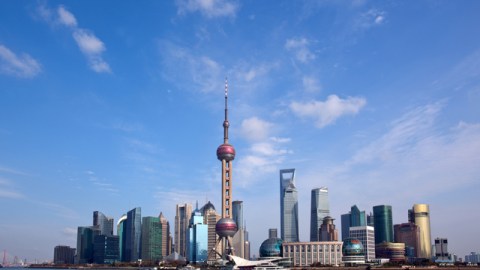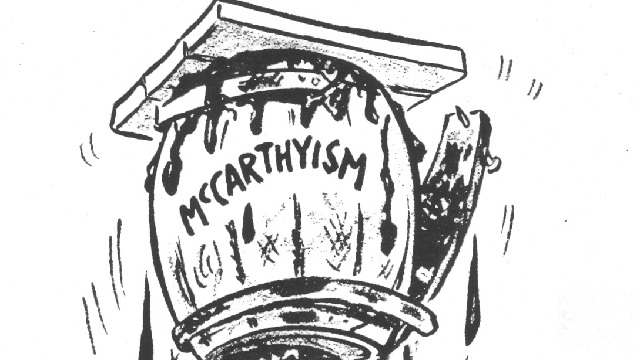The Humble Beginnings of China’s Economy

What is the Big Idea?
It turns out that ground zero for China’s economic boom was in Xiaogang, a small, rural farming village in the Anhui Province. On the night of Nov. 24, 1978, farmers from 18 households in this village drafted and signed a secret document that changed the way their collective farm operated.
It’s a story that China’s government likes to brag about. If you haven’t heard it before, listen to it here on a recent Planet Money podcast.
China’s economic system at the height of communism forbid farmers to keep what they harvested. Instead, crops were collected, redistributed and each person received about 100 pounds of rice each year. The families never had enough to eat, which meant they had to go to neighboring villages to beg for food.
The secret contract changed all this. It stipulated that they divide the land equally and each farmer kept what they harvested. This was controversial because ownership was prohibited at the time. The document, hidden in the roof of a mud hut, posed such a threat that there was a clause in the contract that said if a signer was imprisoned or executed for the plan, the rest of the village would raise their children until 18 years of age.
This system was a huge success. It resulted in more food than the five previous years combined. The farmers brought China to the precipice of economic reform. Xiaogang was China’s first capitalist society, one that was replicated by the government in other collectives, and one that led to other modern marvels in China.
What is the Significance?
Not all economic changes have been beneficial for China. Sure, an open market lifted almost 500 million people out of poverty, replaced oil lamps with electricity, dirt roads with highways, and hutongs with skyscrapers. But when the economic growth surpasses infrastructure and policy changes, a new host of social, health and wealth disparities ensue.
Listen to Mark Leonard, Executive Director of the European Council on Foreign Relations, weigh in on the issue.
“You’ve had hundreds of millions of people literally move from agricultural backwardness into kind of multi-industrial economy,” said Leonard. “And this has generated a vast amount of wealth, and we all know that China’s economy is growing exponentially. But as this economic growth has proceeded, it has also created a whole series of new problems which China didn’t deal with before.”
Watch the video here:
Photo credit: shutterstock.com





